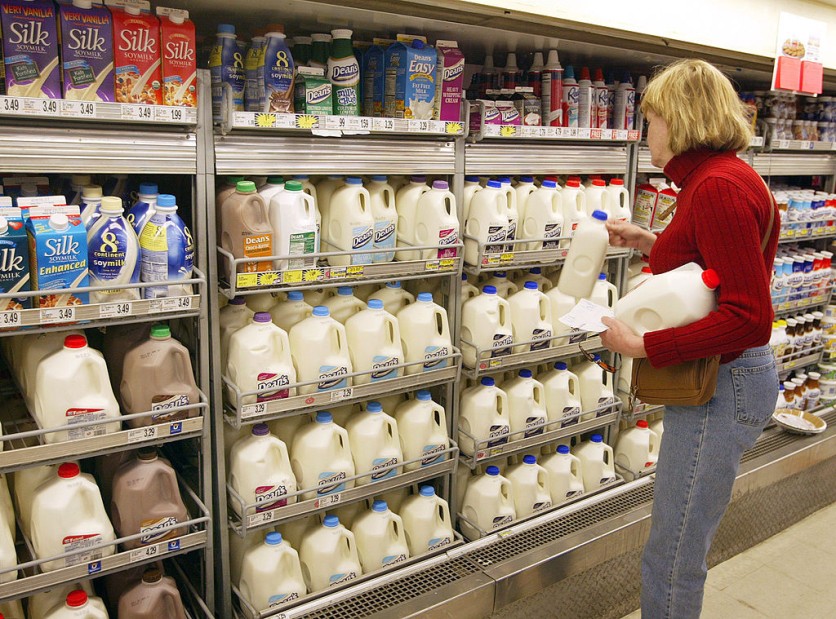On Thursday, the Food and Drug Administration (FDA) said that 20% of pasteurized milk samples contain avian flu virus residues, revealing contamination in the milk supply chain.
According to the FDA, positive results are more common in areas with dairy cows from infected herds. The milk samples were nationally representative, but the agency did not disclose the sample count.
Bird flu has infected 33 herds in Idaho, Kansas, Michigan, New Mexico, North Carolina, South Dakota, Ohio, and Texas as of Thursday, as reported by NBC News.
Influenza virologist Richard Webby of St. Jude Children's Research Hospital noted that while the number of positive samples matches data from smaller sample sets, it seems disproportionately large considering the stated number of infected farms.
Webby noted, "Clearly, there are more infected animals out there than are being reported."
Authorities Take Action
The USDA issued a nationwide regulation requiring all dairy cows to undergo avian flu testing before interstate shipment after the FDA discovered virus particles in commercial milk on Tuesday. This preventive strategy reduces pathogen propagation and protects public health.
The bird flu virus leftovers in milk have raised questions about their origin and public health effects. According to the Department of Agriculture, herds can spread bird flu, mainly affecting wild birds.
The avian flu virus spreading from affected dairy animals to surrounding poultry flocks raises further concerns. Officials said breastfeeding cows of all ages can get sick, but they recover with supportive care and low mortality.
The FDA has emphasized that only healthy animal milk is eligible for interstate sale for human consumption. To prevent food contamination, symptomatic animals' milk is redirected or destroyed.
However, the government ensures that small milk loss for symptomatic cattle will not significantly affect milk supply or dairy pricing.

FDA Reassures Public on Milk Safety
This week, U.S. regulatory organizations reassured the public that pasteurization and strict sick cow milk management processes make commercial milk safe. The FDA and USDA emphasized the importance of pasteurization for milk safety, per US News & World Report.
Pasteurization, a tried-and-true method, heats milk to kill dangerous bacteria and viruses, lowering consumer health risks. In raw milk with viruses, the FDA said processing should eradicate germs to a safe level. It is uncertain if raw milk or cheese from affected cows may spread avian flu.
The FDA warns against producing or selling raw milk or raw milk cheese products from sick cows, especially those afflicted with avian influenza viruses.
Because of the changing scenario, federal officials decided on Wednesday that lactating dairy cows transferred across states must test negative for bird flu. This technique collects vital data and reduces cow-bird flu to protect the milk supply chain.
According to ABC News, the USDA discovered a bird flu virus in many animals in early March of the same year. The declaration was made after three states confirmed 2024 bird flu cases in animals. Striped skunks in Washington, Montana mountain lions, and Kentucky raccoons were involved.
After that, federal and state public health officials investigated a sickness in elderly dairy cows in Kansas, New Mexico, and Texas. Cows with the disease have lost milk and appetite.
These discoveries prompted the USDA to reassure the public about the safety of commercial milk. The government emphasized that animals' newly discovered avian flu strain did not threaten consumer health.





